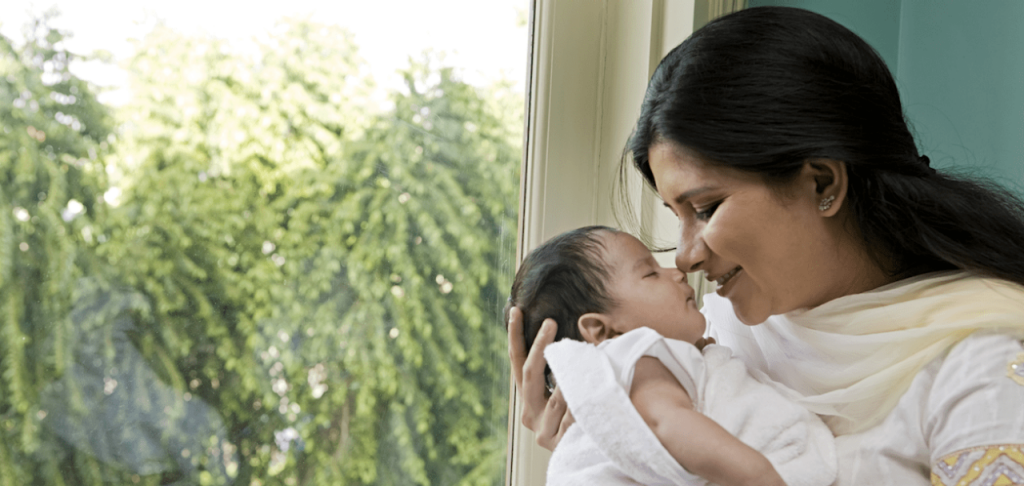A woman’s reproductive health is a lifelong journey, marked by major biological and emotional changes. From the first period in adolescence to the end of menstruation during menopause, each stage brings unique challenges and needs.
Understanding this journey empowers women to make informed choices, seek proper care, and maintain long-term wellness. Let’s walk through each phase step-by-step.
1. Puberty: The Beginning of Reproductive Life
Puberty usually begins between ages 8 to 13, signaling the start of reproductive capability. The body starts producing estrogen, which triggers visible and invisible changes.
Key Changes During Puberty:
- Breast development
- Growth of pubic and underarm hair
- Start of menstruation (menarche)
- Emotional mood swings due to hormones
Health Tips for This Stage:
- Maintain hygiene, especially during menstruation
- Educate girls about periods, body changes, and privacy
- Regular pediatric or teen gynecology visits if needed
- Balanced diet to support hormonal development
2. Reproductive Years: Fertility and Menstrual Health
This phase spans roughly from ages 15 to 45. It includes regular monthly cycles and the potential for pregnancy. These decades are vital for building reproductive awareness and healthy habits.
Common Health Concerns:
- Irregular periods
- Polycystic Ovary Syndrome (PCOS)
- Endometriosis
- Birth control and family planning
- Pregnancy care and delivery
When to See a Gynecologist:
- Painful or heavy periods
- Trouble conceiving after trying for a year
- Need for contraception
- Recurrent vaginal infections
Table: Fertility & Cycle Milestones
| Age Range | Typical Reproductive Activity |
|---|---|
| 15–25 | Menstrual regularity, contraception, STIs risk |
| 25–35 | Peak fertility years, pregnancy planning |
| 35–45 | Fertility decline begins, pregnancy risks rise |
3. Perimenopause: Transition Phase
Perimenopause refers to the transition period before menopause, usually starting in the early 40s and lasting until menopause officially occurs. Hormone levels fluctuate, and cycles become unpredictable.
Symptoms to Expect:
- Irregular or missed periods
- Hot flashes
- Vaginal dryness
- Sleep disturbances
- Mood swings
Coping Strategies:
- Track menstrual changes
- Discuss hormone therapy with a gynecologist if needed
- Focus on stress reduction and physical activity
- Get bone density checks
4. Menopause: End of Reproductive Years
Menopause is confirmed when a woman hasn’t had a period for 12 months. It typically occurs between ages 45–55. The body stops producing eggs, and estrogen levels drop.
Health Impacts After Menopause:
- Increased risk of osteoporosis
- Vaginal and urinary changes
- Slower metabolism and weight gain
- Cardiovascular health concerns
Important Screenings:
- Mammogram (breast cancer check)
- Bone density scan
- Pelvic exam and Pap smear (as per age)
- Cholesterol and blood pressure monitoring
Maintaining Reproductive Health Through All Stages
No matter what age you are, reproductive health deserves attention. Here are some universal health tips:
- Eat a nutrient-rich, balanced diet
- Stay physically active
- Get regular gynecological exams
- Avoid smoking and excessive alcohol
- Practice safe sex and regular STI testing
- Understand your family health history
Final Thoughts
From the emotional rollercoaster of puberty to the physical shifts of menopause, a woman’s reproductive health journey is deeply personal and profoundly important. Understanding each stage and being proactive about health can make this journey smoother and safer.
Whether you’re a teenager starting menstruation or a woman entering menopause, timely care, awareness, and support from professionals like gynecologists can make all the difference in living a healthy, confident life.

